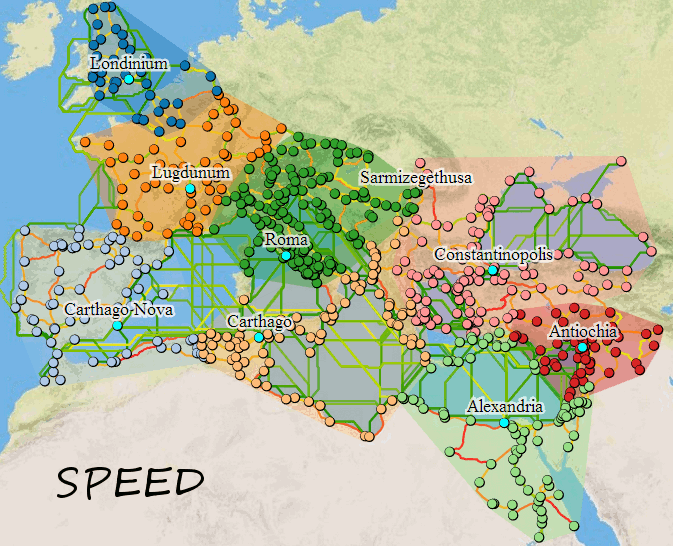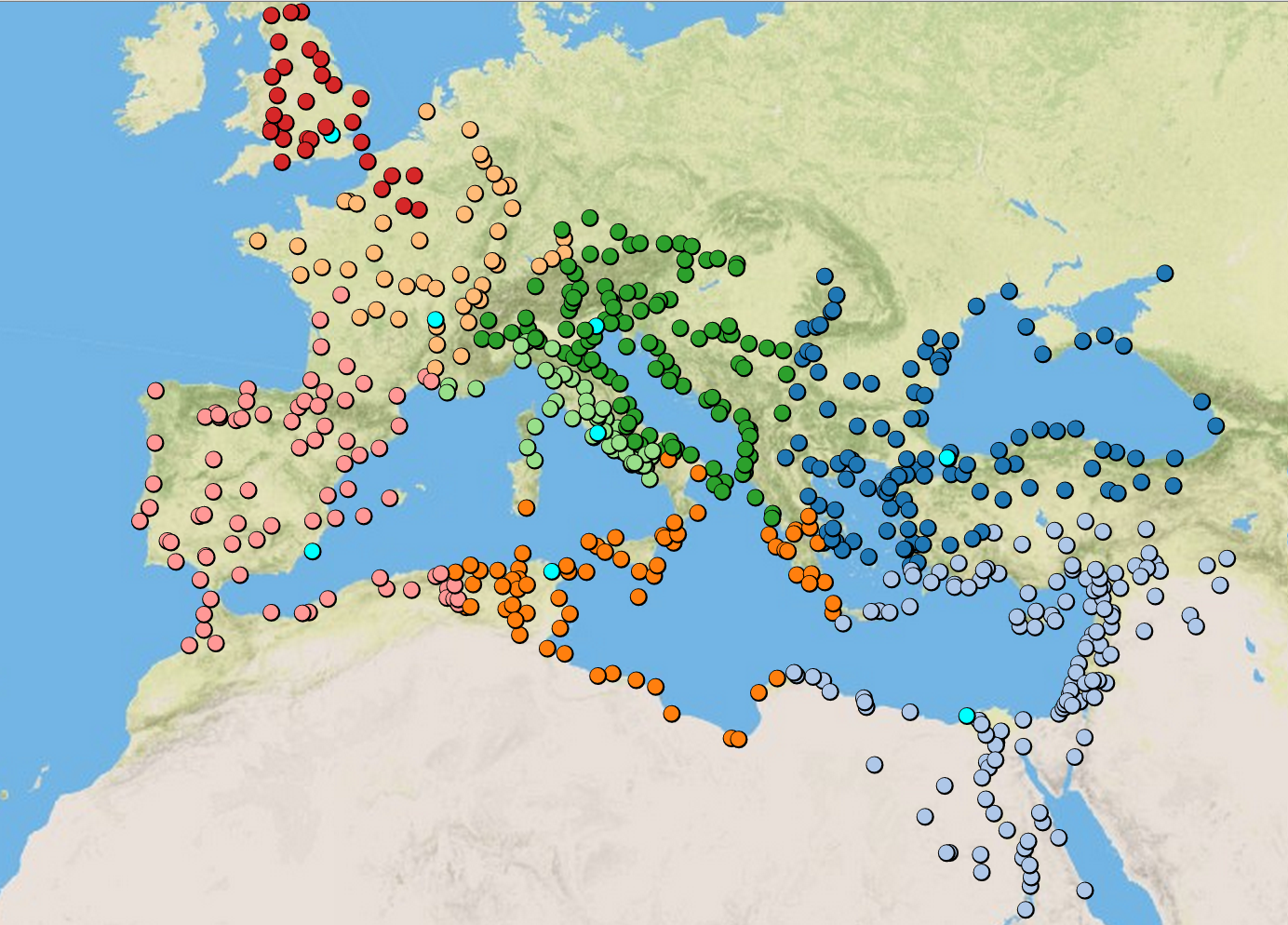All Articles
Text Analysis IN the Library, FOR the Library
For those of you who don't know, I'm still fairly new to Stanford (as well as being new to what I lovingly refer to as "library land"). When I initially started my PhD in English, specializi...
Jacqueline Hettel · August 23, 2013Women in Programming (or the Lack Thereof)
When I first read Dave Winer’s blog post about the lack of women in programming, I braced myself. He suggests that women are not “very patient,” and that this explains why they are not very present in...
Emma Honour Mae... · August 22, 2013Women in CS (and the Digital Humanities)
According to Dave Winer’s blog post on his website a few days ago, women are a minority in programming because they lack certain qualities – namely patience – that allow them to succeed in the profess...
Hannah Rose Abalos · August 21, 2013On Digital Humanities and Surveillance
Over at my blog, I just posted a piece about the role digital humanists should play in discussions of government surveillance. Some key questions: Is there a chilling effect already in place? Are we a...
Mike Widner · August 20, 2013Discovering Regions with ORBIS v2
A simple demonstration of the kind of higher-level analysis possible with the new cartograms and clustering in the v2 version of ORBIS. This is accomplished entirely within the browser (except for tu...
Elijah Meeks · August 19, 2013ORBIS v2
Over the coming months, I'll be spending some time integrating new features, data, and base layers to ORBIS: The Stanford Geospatial Transportation Network of the Roman Empire. While ORBIS was tremen...
Elijah Meeks · August 17, 2013
